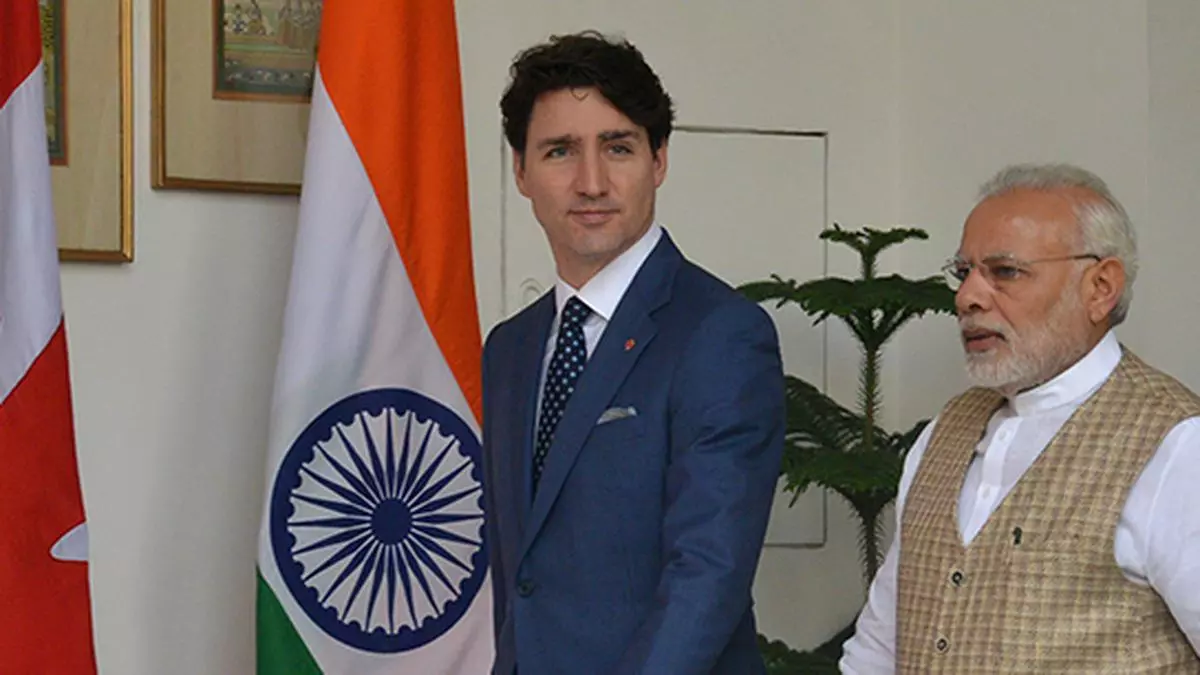As you can see, 2022 is moving nicely around the South Atlantic. A few months ago, Australia announced the creation of a USD 800 million fund to promote its interests in Antarctica and outlined plans to strengthen its strategic position on the White Continent. Meanwhile, Britain announced the arrival of a new delegation from London to Malvinas, which was received with new military exercises and new equipment.
Almost simultaneously, the President of Uruguay, Luis Lacalle Pou, flew to the British capital for a suggestive meeting with the outgoing Prime Minister, Boris Johnson, with the aim of analyzing alternatives to bilateral cooperation, and our islands were on the agenda. In late July, the Chilean Air Force received from the UK the first of three Boeing E-3D Sentry military reconnaissance aircraft to carry out “surveillance, exploration, aerospace reconnaissance and air command and control” missions. News soon spread that five Chilean military planes violated Argentine airspace en route to Malvinas.
Not surprisingly, our neighbors and major powers are preparing the ground for future renegotiations of the Antarctic Treaty. Signed in 1959 and in effect since 1961, the treaty recognizes and freezes sovereign claims to the frozen continent and seeks to preserve it from military and economic rivalry. But natural resources found there, the product of intense scientific activity displayed by all states parties, the temptation to renegotiate it became increasingly unbearable. And while not a signatory nation, China is closely following the movements of everyone, especially Australia and Japan, with whom it has strategic competition in Asia.
New Antarctic Naval Base
And what did Argentina do? After years of inaction, the national government announced the construction of a new Unified Naval Base in the city of Fuegian, Ushuaia, seeking to expand and develop new logistics capabilities for Argentina in the Antarctic and South Atlantic. Its strategic geographical location will enable it to provide logistics and assistance services to other countries, and complementat the initiative of the advanced Antarctic Logistics Pole at Tierra del Fuego. On the other hand, the Ministry of Defense announced a new military garrison in Tolhuin. A positive move, but is it enough to compete with the big powers? obviously not. Not to mention our neighbors.
It is urgent that Argentina moves forward rapidly in rearming the military capabilities of its Armed Forces, to face this new scenario, which will determine its future. Without a strong position in Patagonia, which also includes developing its resource economy, Argentina is walking towards global insignificance. Everyone recognized him: governments, opposition, diplomats, analysts. It must have been one of the few issues that garnered a broad and almost unanimous consensus. But While nothing is more pressing than strategic, Argentina has this discussion lowered onto its agenda. It’s time to face the part that costs us the most: when Ortega y Gasset instigates us, “for things”.

“Entrepreneur. Internet fanatic. Certified zombie scholar. Friendly troublemaker. Bacon expert.”






